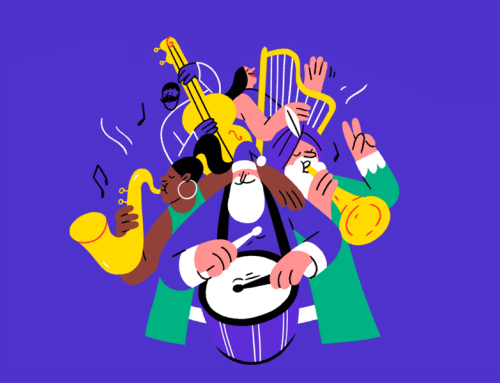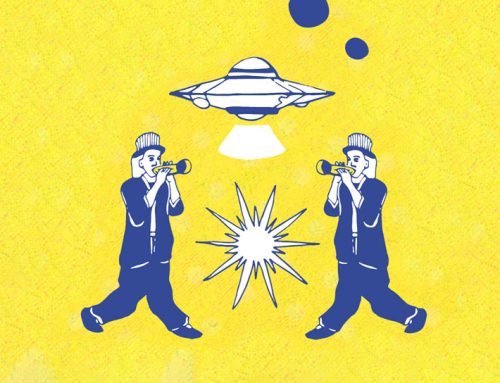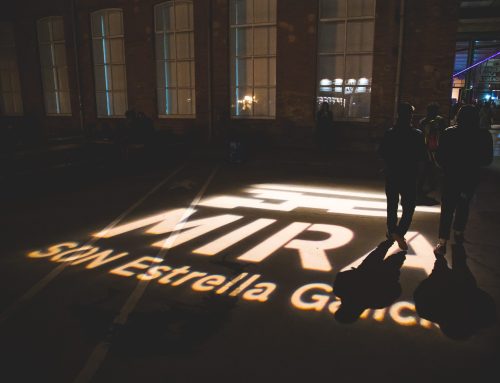While most people would agree everyone likes to have fun, there is little agreement on precisely how this takes place. If you ask Barcelonans they’ll usually answer like folks everywhere, by making a list of things they do on holiday or in their free time. This could include folkloric stuff, like “dancing in the square during the neighbourhood festival” or “dressing up like a demon and shooting flares at people.” Both are pretty good. You’d also have to conclude, by mere inference, that commonplace things like “spending time with family” or “going out for drinks” are ways people have fun. Either that, or they are misconceived answers to a question that is harder than it looks.
At least for adults. “Fun” seems to be a much easier category for Barcelona children, who rush out to the schoolyard after lunch in a mad frenzy of untethered collisions, some complexly codified, others totally improvised. This is known as play, and play, kids everywhere say, is fun. There is nothing a child wants to do more than have fun playing. Following this logic, it’s rare for kids to say they did not enjoy themselves at play.
The extension of play into adulthood would seem to be something Barcelona (and indeed all Spain) does particularly well, if our bars and clubs and street festivals, our packed beaches and meet-ups and fun-runs are any indication. Few other cities match Barcelona’s euphoric consumption of every imaginable space for social exchange. Foreigners are shocked by the variegated throngs, and even more so if you remind them of the atrocious unemployment rate, or how the working class has been driven into slave-wage subsistence. Are those the same people stretching the city at its seams, strolling along its streets, laughing it up at cafe terraces, ostensibly doing what’s akin to having fun?
Oddly, most older people in Barcelona think it was more fun before, an idea that seems to go along with the tale about how everything is worse now. This has to be terribly irritating for millennials, who will never be as well-off as their parents (so they’re told) and won’t enjoy themselves as much either. Some even insist that in the Franco years, amidst political repression and poverty, people had fun too, and shamelessly so. Back then you were always doing something together, loved ones close by, perhaps a form of resistance itself. There is no better way to defy life’s tedium, imposed or endemic, than by finding a way to make yourself immensely happy with others.
The importance of the Olympics was that it tried to officialise the city as a permanent party venue, though the paradigm has become slowly unravelled. A new wave of seriously respectable party-poopers insists on copying the most boring, uptight ways other Europeans live their lives – as if we had to be duds to make society work. Who are the geniuses who decided being a sour puss was the way to social advancement? This long, vicious financial crisis has only made things worse, since a wide spectrum of the population is pissed off at least part of the time. Even looking ticked off is now trendy: Barcelona is currently distinguished by an undercurrent of un-fun chic.
With authentic fun lost, residual rituals associated with pleasure are aimlessly repeated, in a kind of absurd pantomime. Look at how things get celebrated. The first thing you have to do is propose a toast. Somebody shouts brindis, another hurriedly fills empty glasses with cheap cava, you are forced to clink every damn goblet at the table shouting chin-chin. If you miss one, you are bullied until you get it right. What exactly you are toasting to matters little, since after naming the main cause for celebration (say it’s Anna’s birthday), you add Paula who had hers last month, and Diego who just got back from abroad, and Manel, the stoic, long-suffering waiter, just for kicks. By this time you are onto refills and only fools will be driving home. Every Barcelonan laughs their ass off doing this, lord knows why.








